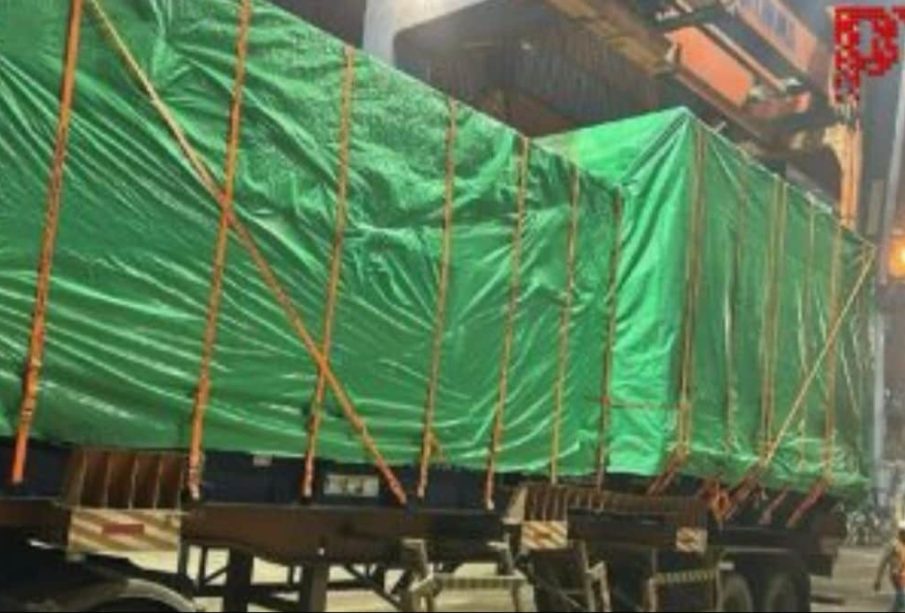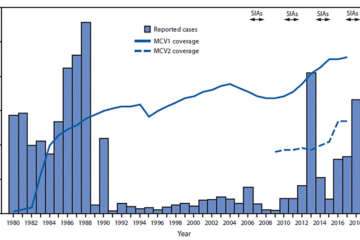Chinese ship bound to Pakistan halted at Mumbai airport over suspected nuclear cargo – Business Today

Chinese ship bound to Pakistan halted at Mumbai airport over suspected nuclear cargo Business Today
Indian security agencies detained a ship bound for Karachi from China at Mumbai’s Nhava Sheva port. The vessel raised suspicions due to its suspected dual-use cargo, which could potentially be utilized for Pakistan’s nuclear and ballistic missile program, as per officials.
Acting on intelligence input, customs officials detained the Malta-flagged merchant ship, CMA CGM Attila, at Mumbai’s Nhava Sheva port on January 23. The consignment included a Computer Numerical Control (CNC) machine, manufactured by an Italian company. CNC machines, controlled by computers, offer unparalleled efficiency, consistency, and accuracy compared to manual methods.
Upon inspection by the Defence Research and Development Organisation (DRDO), it was certified that the detained consignment could potentially contribute to Pakistan’s nuclear program. Experts suggest that the equipment in question could be instrumental in manufacturing crucial components for Pakistan’s missile development initiative.
Since 1996, Computer Numerical Control (CNC) machines have been subject to the Wassenaar Arrangement, an international arms control regime focusing on preventing the proliferation of equipment with dual-use capabilities. India, as one of the 42 member countries in the arrangement, participates in the exchange of information regarding transfers of both conventional weapons and dual-use goods and technologies.
It’s noteworthy that North Korea had previously utilized a CNC machine in its nuclear program.Port authorities, acting on specific intelligence, promptly notified Indian defense authorities for an inspection of the substantial cargo. Upon inspection, suspicions were confirmed, leading to the seizure of the consignment. This action aligns with efforts to prevent potential proliferation risks involving Pakistan and China.
The consignment’s documents, including bills of loading and other details, indicated that the consigner was “Shanghai JXE Global Logistics Co Ltd,” and the consignee was “Pakistan Wings Pvt Ltd” based in Sialkot.Upon closer scrutiny by security agencies, it was revealed that the 22,180-kilogram consignment originated from Taiyuan Mining Import and Export Co Ltd and was destined for Cosmos Engineering in Pakistan. This incident is not the initial occurrence of Indian port authorities intercepting dual-use military-grade items being transported from China to Pakistan.
Cosmos Engineering, a defense supplier in Pakistan, had previously come under scrutiny on March 12, 2022, when Indian authorities intercepted a shipment of Italian-made thermoelectric instruments at the Nhava Sheva port.
There are growing apprehensions that Pakistan may be leveraging China as a conduit to procure restricted items from Europe and the US while concealing identities to evade detection. The concerns have heightened over Chinese support for Pakistan’s nuclear and missile programs, as illustrated by a 2020 case where an industrial autoclave vital for missile production was disguised as industrial equipment on a Chinese vessel bound for Pakistan.
The ongoing investigation seeks to ascertain whether the suspected Pakistani entities receiving these dual-use items are supplying them to the Defence Science and Technology Organisation (DESTO), responsible for a significant portion of Pakistan’s defense research and development.
The interception of covert shipments raises concerns about the commitment of both Pakistan and China to international conventions. Despite assertions, these activities indicate persistent cooperation in potential proliferation, contravening global agreements and regulations. In a similar incident in February 2020, China supplied an autoclave to Pakistan under the guise of an “industrial dryer.” The autoclave was seized from a Chinese ship, Dai Cui Yun, flying a Hong Kong flag, en route from Jiangyin port in Jiangsu province, China, to Pakistan’s Port Qasim.
The seizure of the autoclave, possibly intended for Pakistan’s missile program, raises concerns about the country’s involvement in illegal missile trade and potential violations of the Missile Technology Control Regime (MTCR). In June 2023, the US Bureau of Industry and Security (BIS) imposed sanctions on three Chinese companies—General Technology Limited (autoclave supplier to Pakistan), Beijing Luo Luo Technology Development, and Changzhou Utek Composite Company—for their role in supplying items applicable to Pakistan’s ballistic missile program.











